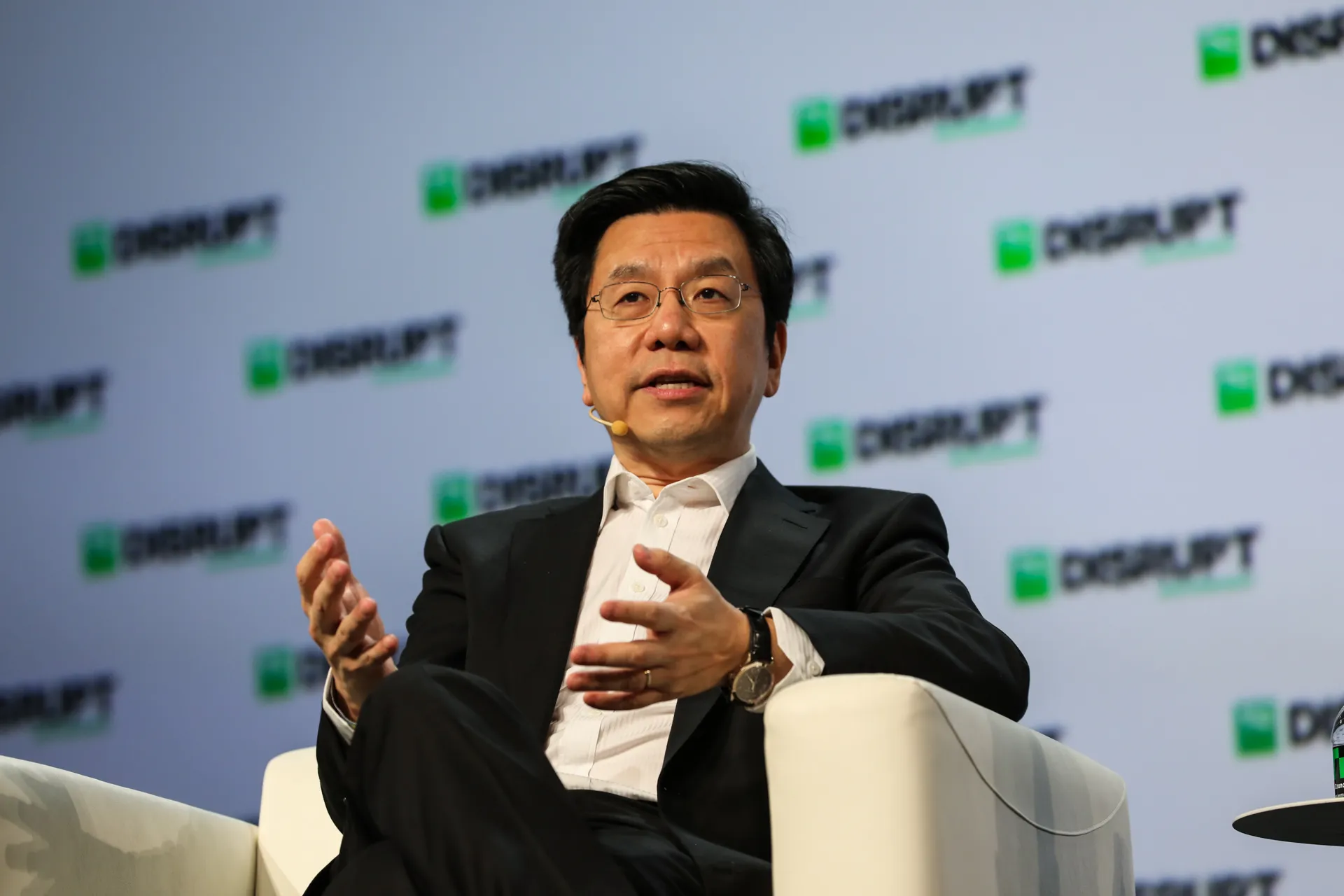Meta disrupted the AI landscape by unveiling Llama 2 last July, akin to ChatGPT’s model, open for public use. In November, 01.AI, a Beijing-based startup, introduced its own open-source model, Yi-34B, surpassing Llama 2 and excelling on various AI model leaderboards.
In a short span, Yi-34B claimed the top position on Hugging Face’s ranking, showcasing its prowess across standard benchmarks. Modified versions consistently perform among the best models, with the recent addition of a “multimodal” model, Yi-VL-34B, adept at processing images and discussing their content.
While giants like OpenAI and Google closely guard their AI technology, 01.AI takes a different route, freely distributing its models to cultivate a dedicated developer community.
Founded in June last year, the startup secured $200 million in investments, primarily from Chinese e-commerce giant Alibaba, reaching a valuation exceeding $1 billion.
Kai-Fu Lee, the CEO and founder, formerly engaged in pioneering AI research and played significant roles at Microsoft and Google. The creation of Yi-34B represents the culmination of Lee’s lifelong endeavor to construct more intelligent machines, aiming to break the conventional barriers of computer language comprehension.
The vision extends beyond mere technological advancements; Lee envisions 01.AI leading the charge in the AI revolution’s next phase. Building “killer apps” based on language model capabilities is the strategic focus, with plans to redefine productivity tools for a mobile-first era, drawing parallels to the success of apps like Uber, WeChat, Instagram, and TikTok.

Despite none of 01.AI’s apps being launched yet, the open-source language model, Yi-34B, has gained recognition in the West. Praised for its effectiveness, even compared to larger 70-billion-parameter models, it stands out in the rapidly evolving landscape.
Kai-Fu Lee, an AI pioneer, boasts an illustrious career that began with cutting-edge speech recognition research, leading to significant roles at Apple, and Silicon Graphics, and later pivotal roles in establishing Microsoft Research Asia and heading Google’s search business in China.
As the smartphone boom drove tech growth in China, Lee’s investment firm, Sinovation Ventures, backed successful AI startups, including image recognition firm Megvii and autonomous trucking company TuSimple. Lee’s book, “AI Superpowers,” published in 2018, anticipated the rise of Chinese AI labs, challenging the dominance of their US counterparts.
The release of 01.AI’s open-source model, Yi-34B, marks a return to building global bridges. The model gained traction in the West, with modified versions exceeding its performance. Some Western countries are incorporating the proficient Mandarin-English model into their AI strategies.

Clément Delangue, CEO of HuggingFace, acknowledges Yi-34B’s impact, highlighting the rapid improvement in open-source language models. The dynamics of AI development have shifted, with 01.AI potentially benefitting from global innovations around its model.
Meta’s Llama 2, a rare top open-source model from a US company, challenges major tech rivals investing in generative AI. Despite initial code mentions, Yi-34B diverges significantly in function due to its unique training data. The interaction exemplifies China following the US lead in generative AI.





